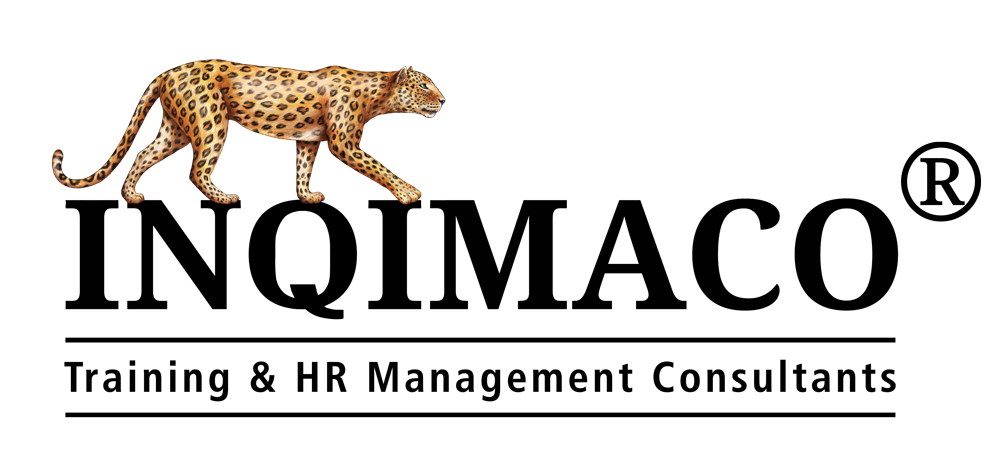The Learning Organization in the Age of Digitalization
In the age of digitalization, rapid change, constant challenges and the need to constantly learn new approaches require a rethinking of the subject of "learning in organizations".
By "learning organization" we mean an adaptable organization that reacts and acts in response to internal and external stimuli and is constantly evolving. Accordingly, change is nothing unusual in the learning organization, but the normal case and constantly on the agenda. This agile lifelong learning in companies is a novel learning culture. The goal of the learning organization is to permanently increase the learning and knowledge potential of the employees - and thus of the entire organization - in order to enhance the performance of the company. The concept is knowledge and innovation oriented. For this reason, a well-trained knowledge and innovation management system is needed that goes beyond mere further training.
Knowledge management deals with the acquisition, development, transfer, storage and use of knowledge. Knowledge management is much more than information management.
In companies, implicit "experience knowledge" and know-how in particular is considered a source of competitive advantages that can be defended in the long term. It is particularly difficult to imitate if it is possible to anchor this knowledge in knowledge management processes organizationally. An accumulation & storage of a lot of information or the employment of employees with specialist knowledge is not enough. Although implicit knowledge is the basis of knowledge management, it does not in itself represent a sustainable competitive advantage for companies because individual knowledge carriers can be enticed away.
Innovation management serves to increase the value of a company and is a core business activity with the aim of achieving something new in the entrepreneurial sense by a novel combination of means, purposes, etc.: Competitive strength through innovation (new products, processes / technical procedures, services, internal or external forms of organization, etc.)
A particular challenge for innovation management is the personnel structure. In innovation areas, it is often predominantly highly and highly specialized specialists who have to be managed. On the other hand, communication and cooperation between different cultures of different functional areas must be optimally designed.
Essential characteristics of "learning enterprises":
- Changes in the markets are permanently monitored.
- Opportunities & risks resulting from these changes are identified at an early stage.
- Success-relevant structures are created so that opportunities are used and risks are avoided.
The learning organization is an important factor in the learning of the future. The following trends can be named for learning organizations:
1. Interdisciplinary network instead of departmental thinking
As part of an interdisciplinary network, the HR department will help to develop the company into a learning organization. This will be done primarily in cooperation with managers, IT staff, digitization experts, communication managers, innovation teams and employee representatives.
2. Self-determined learning
Employees will enjoy more freedom in their role as learners when it comes to influencing the learning process and selecting learning methods. Lifelong and self-determined learning is an expression of this trend.
3. Physical & digital learning environment
In the future, classical frontal teaching in seminar rooms will only be a part of further education. In the year 2025, a learning environment can be expected that combines physical components and digital elements. The aim is to enable formal and informal learning methods. HR departments in learning organizations must be familiar with and able to apply the following methods:
- Co-Learning Spaces: spaces for collaborative learning.
- Creative spaces: space for innovation & lightning.
- Video portals: easy access to up-to-date information.
- Enterprise Social Networks: networking & communication of employees.
- Future Workplace: individual solutions based on needs.
4. Executives
Managers must promote a culture of learning and act as role models themselves. They should be committed to an open exchange of knowledge and experience with employees and create scope for innovative ideas.
5. Learning culture: mistakes, communication & innovation
In learning cultures, approaches such as "learning from mistakes", "communicating knowledge", "learning by working" and "promoting innovation" are moving to the forefront. Employees must have the opportunity to try out new approaches, as well as to make mistakes and be allowed to learn from these experiences. Knowledge carriers must be able to pass on their know-how within the learning organization.
Your personal Contact
Thomas Timothé Behncke
CEO/Managing Partner
If you have any questions or are looking for qualified support in the business fields HEADHUNTING, BUSINESS CONSULTING & INTERIM MANAGEMENT, HR CONSULTING/DEVELOPMENT or PERSONAL Expert & LEADER BRANDING, just send me a short message with the "Click for more!" button.
For further future-oriented information, thoughts & ideas please feel free to activate the “bell” at the top right of my LinkedIn-Profile.
On LinkedIn, I share about 2 to 3 posts a week on current topics.
BE A PERSONALITY OF THE 21TH CENTURY!©
#personality21century












